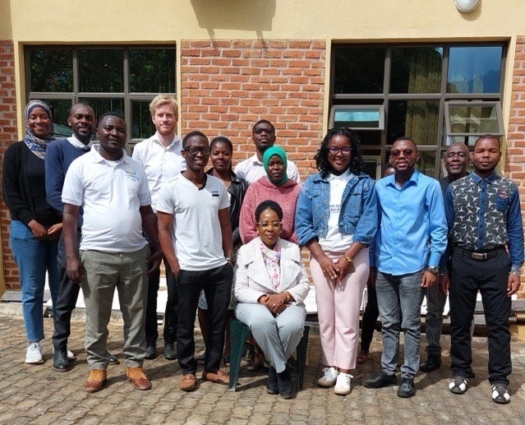The Directorate of Immigration (UDI) has engaged Oslo Economics to map the development of employment and level of competence at asylum centres in Norway in 2003-2017. The aim was to increase the knowledge of responsible authorities and others of how fluctuations in the number of asylum seekers, and thereby the establishment and closing-down of asylum reception centres, affects recruitment and employment in the reception centres. The analysis uses data from administrative registers maintained by from Statistics Norway. We have collected information on reception centre employees regarding demographic characteristics and education and employment history in 2003-2017. In addition, we have received data from UDI including start and end dates of reception centre contracts, type of centre, type of ownership, capacity and the three largest countries of origin of residents in each centre. The registry-based analysis is complemented by interviews with operators and employees.
The report finds that the composition and the competence of the employees changes in periods of expansion and closing-down. Employees hired during periods of expansion has a lower educational level and less work experience, while the accumulated competence disappears when reception centres are closed. Several reception centre operators emphasize that insecurity regarding future developments in employment and reception centre capacity due to large fluctuations in the market affects the recruitment of new employees negatively. Systematic transfer of competence between reception centres is limited, and it is challenging to implement measures to enhance competence during periods of expansion, and in periods characterized by insecurity concerning the future operation of the reception centre. UDI has formulated a set of competence requirements as a part of the contract between UDI and the reception centres to secure a necessary level of competence at the centres. The requirements are perceived as unclear by the operators, which creates an uncertainty regarding compliance of the requirements. A clarification of the requirements would lead to more even terms of competition for the operators, and more equal wage and working conditions for the employees.
The report concludes by giving following recommendations: i) The practice of defining competency requirements should be continued, but the requirements should be expressed more clearly, ii) the consequences of basis reception centres on competence development should be examined, and especially in reception centres that are not basis reception centres and iii) UDI should follow the development of wage and working conditions to secure good working conditions for employees.



